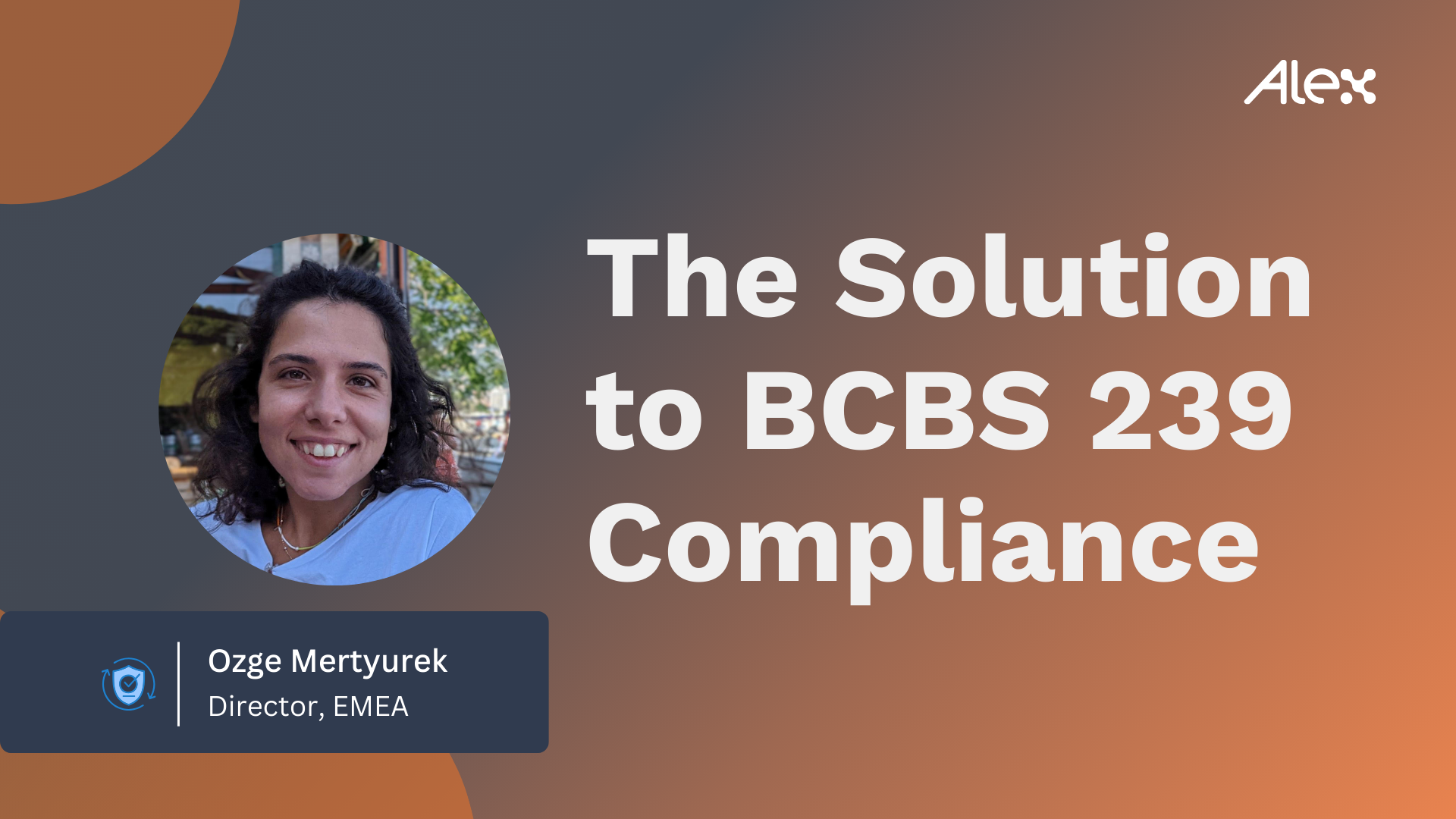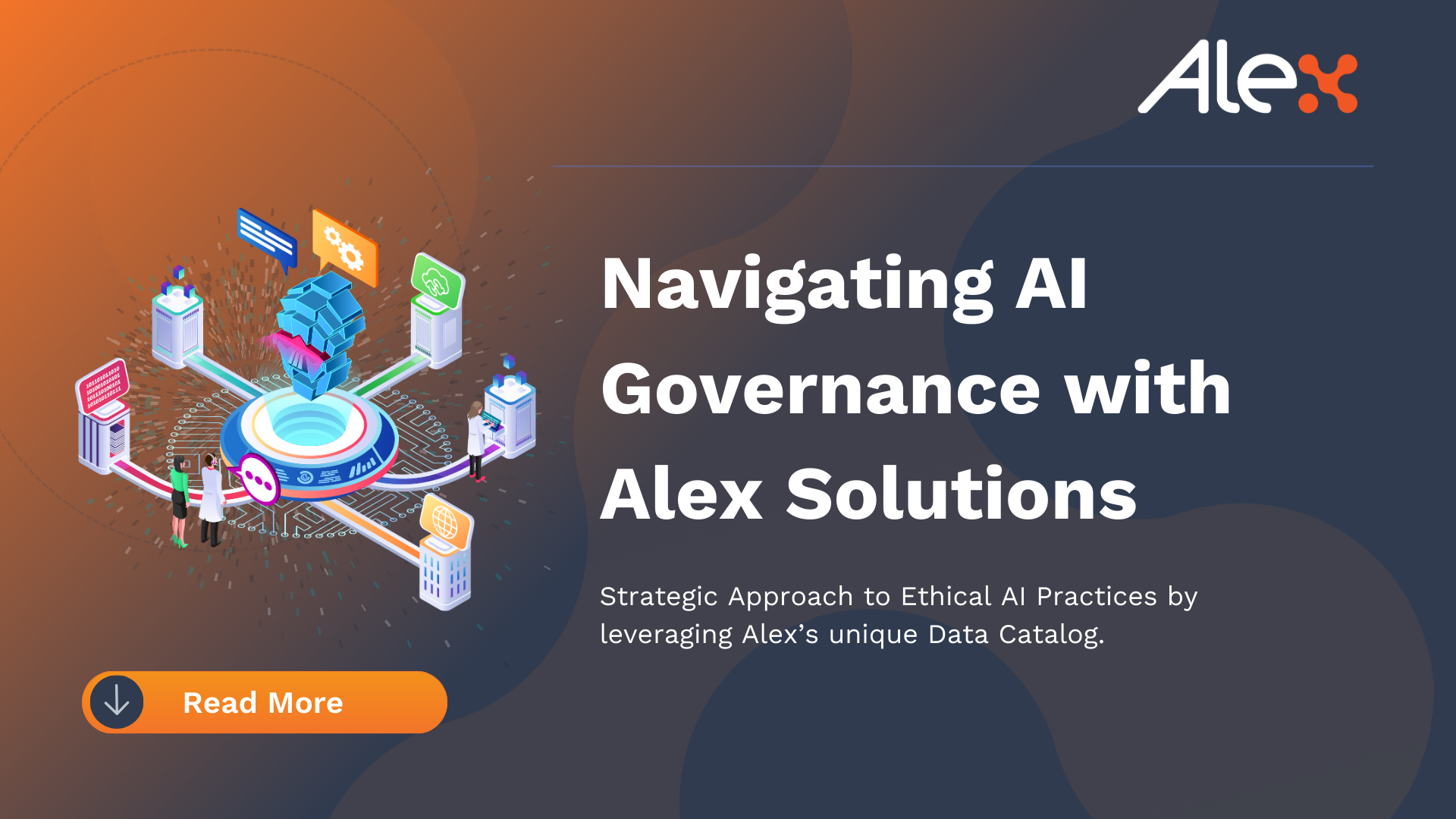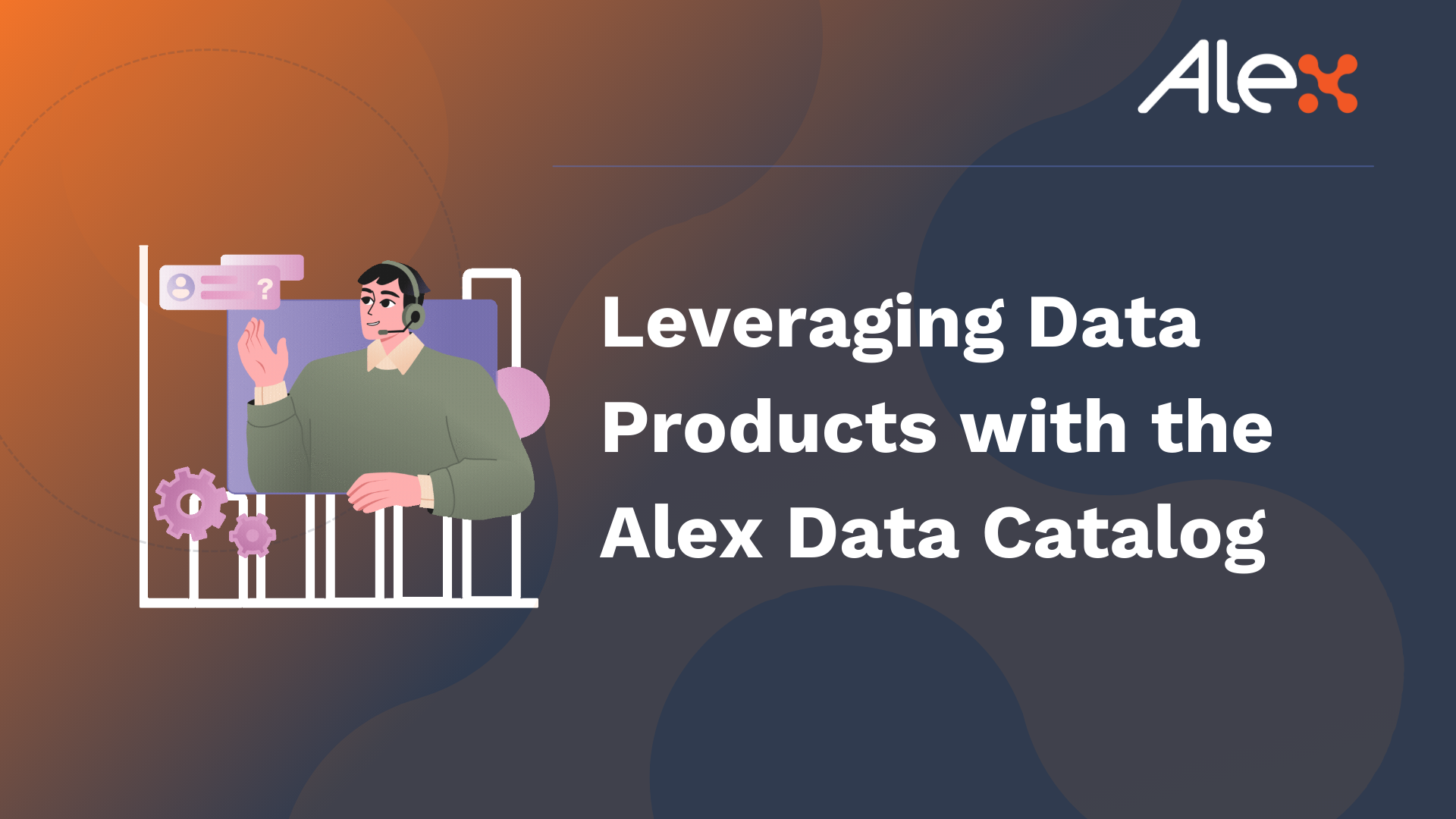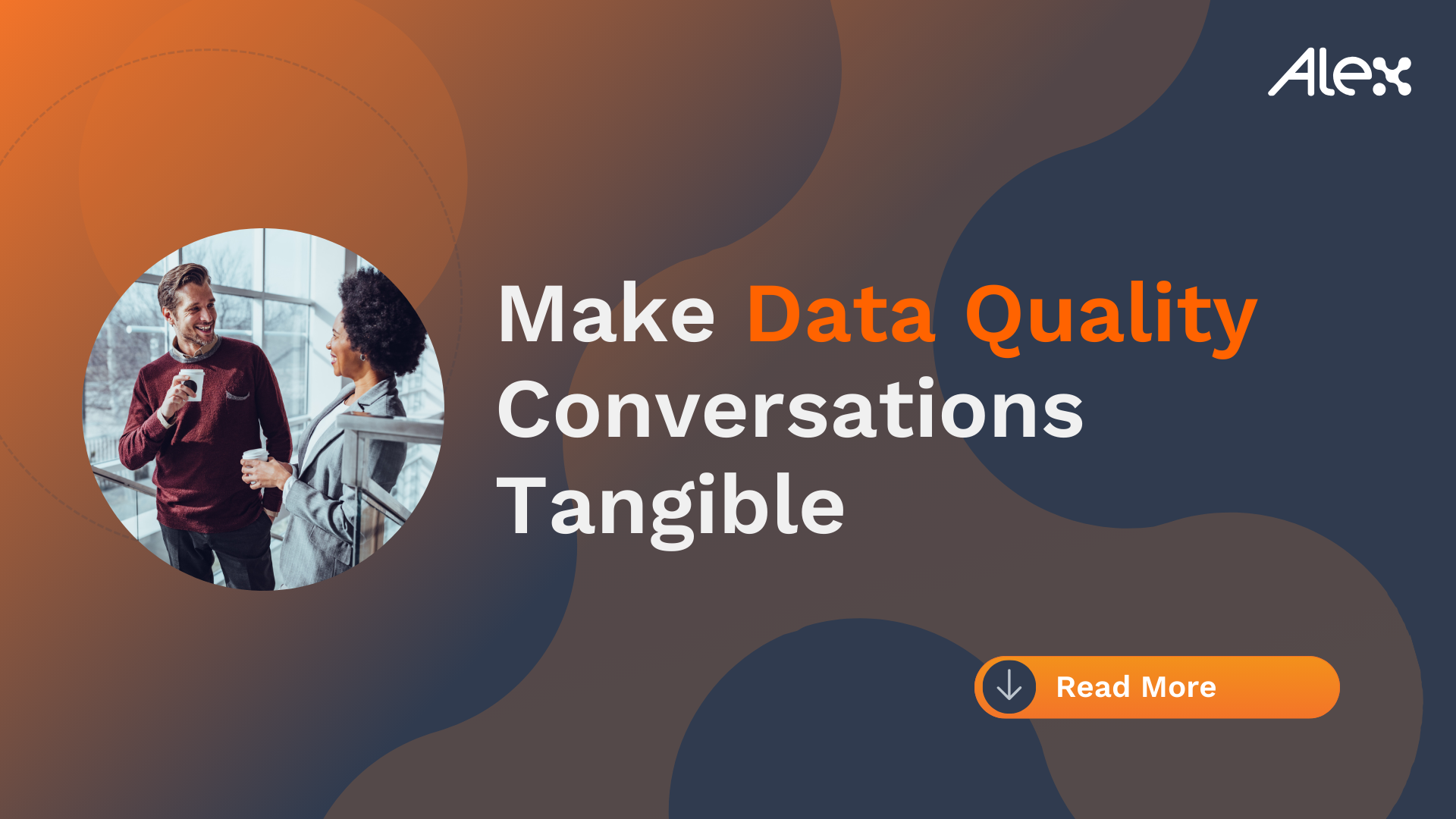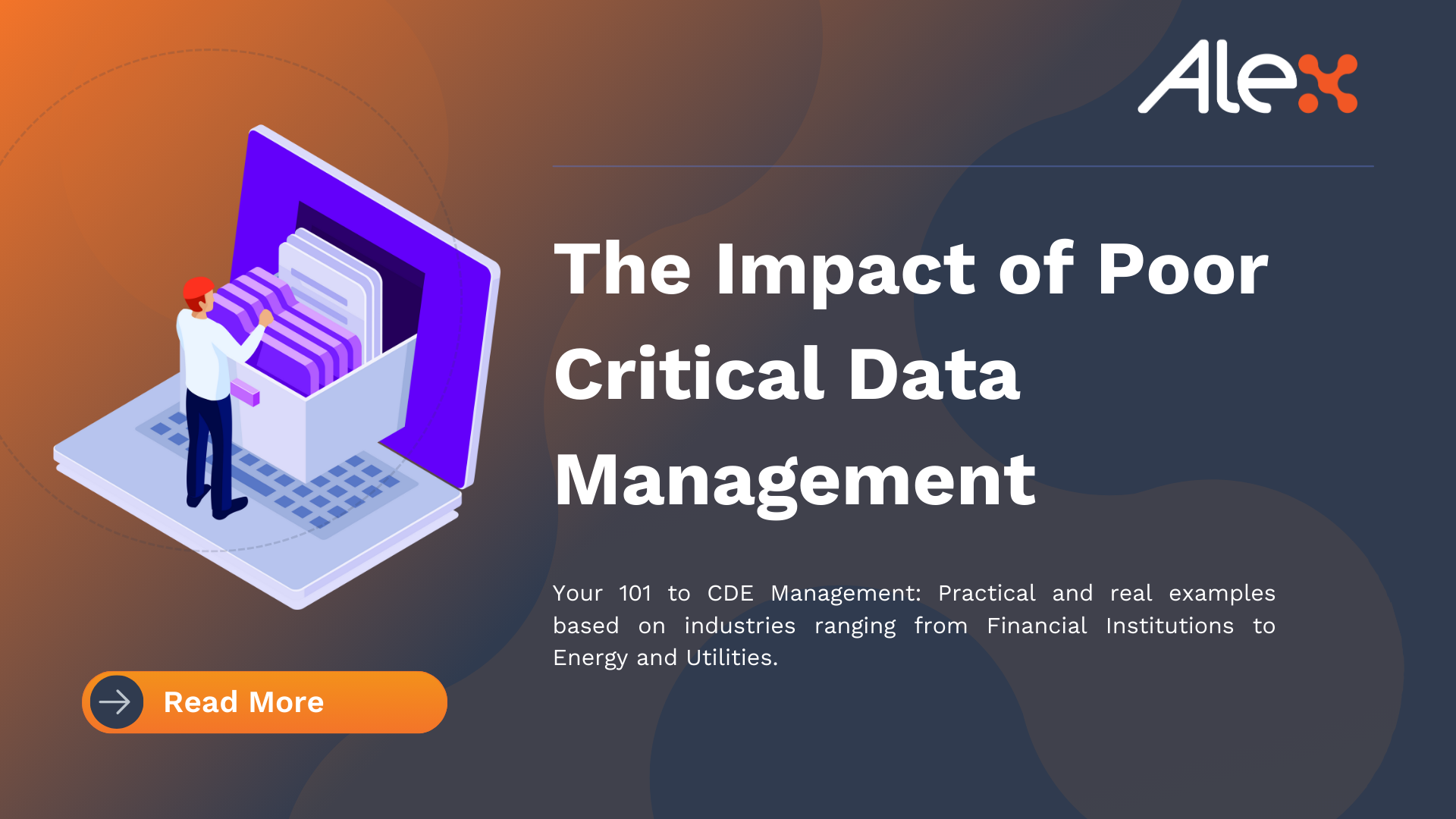Data governance is one of the most critical aspects of running a successful, data-driven enterprise. However, it often fails to spark enthusiasm or concern among employees, stakeholders, and even leadership. That’s why, in our recent joint webinar with Data Quality Works (How to Make Data Quality Conversations Tangible), we’ll be tackling this very issue: why data governance feels distant to many, and how to bring it to life in your organization.
Here’s a sneak peek into some of the topics we’ll cover:
1. Why Don’t People Care About Data Governance?
In many organizations, data governance can feel like an abstract, disconnected concept. Employees are often too focused on their day-to-day tasks to consider the long-term effects of poor data management. There’s a perception that data governance is an “IT issue” rather than something that impacts their role directly. This mindset can leave organizations vulnerable to costly mistakes, operational inefficiencies, and compliance risks.
2. Why User Buy-In is Crucial
Getting user buy-in for data governance isn’t just a nice-to-have—it’s essential. Without active participation from everyone across the organization, even the best governance frameworks will fall short. When users understand how their role in data management impacts overall business success, they become champions of data quality, which leads to better decision-making, efficiency, and risk management.
3. How to Get User Buy-In Through Effective Communication
So, how can you foster engagement around something that seems far removed from the average employee’s responsibilities? It’s all about communicating the tangible impacts of data governance. Instead of talking about frameworks and compliance in abstract terms, highlight real-life scenarios: how poor data quality can disrupt workflows, cause delays, or result in poor reporting. Align these points with their day-to-day work to create a more relatable and meaningful narrative.
4. What’s at Stake When Users Don’t Care About Data Governance?
When employees and leaders don’t prioritize data governance, the entire organization suffers. From missed opportunities to lost revenue, poor data quality can wreak havoc on business operations. Compliance risks also skyrocket when sensitive data is mishandled, or simply not attained in time – potentially leading to costly fines. As more businesses rely on data-driven decision-making, this becomes not just a risk but a severe competitive disadvantage.
5. How to Take Action
The good news? It’s never too late to shift the conversation and create real change within your organization. Join us and Eugene Morozov (Founder, Data Quality Works) in our on-demand webinar, How to Make Data Quality Conversations Tangible, where we’ll dive deeper into these challenges and provide actionable insights on how to turn abstract data governance discussions into concrete strategies.
By watching, you’ll walk away with:
- Proven communication strategies for effective data governance
- Best practices for securing user buy-in
- Immediate actionable insights to translate data quality into business success
Register here to receive your copy of the recording today.
